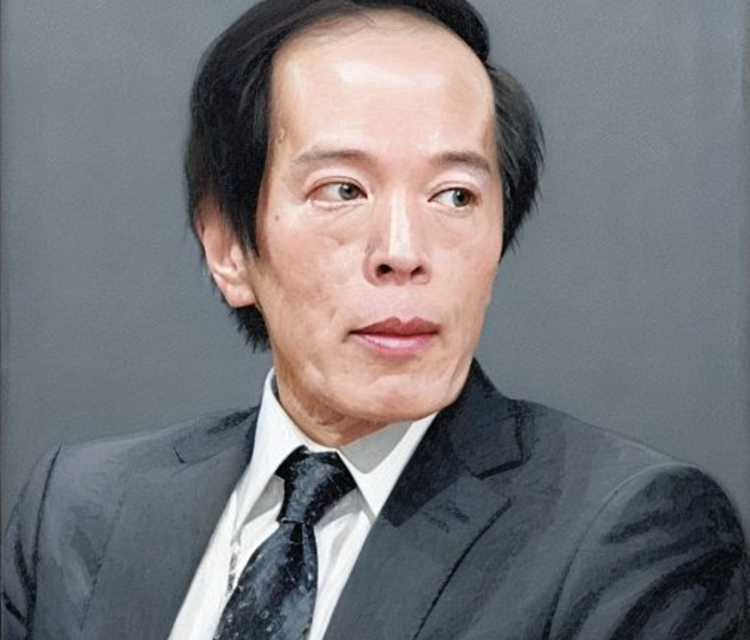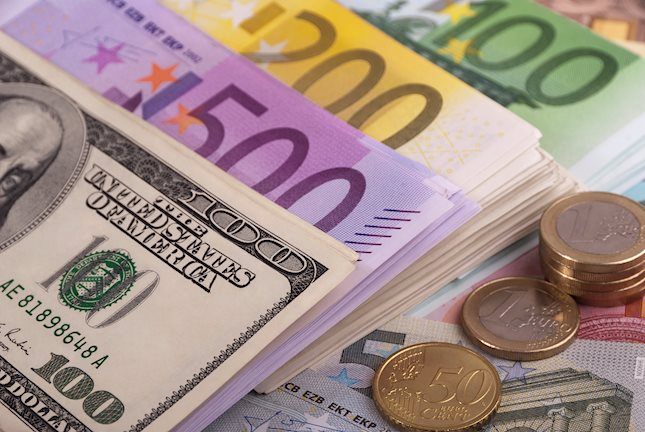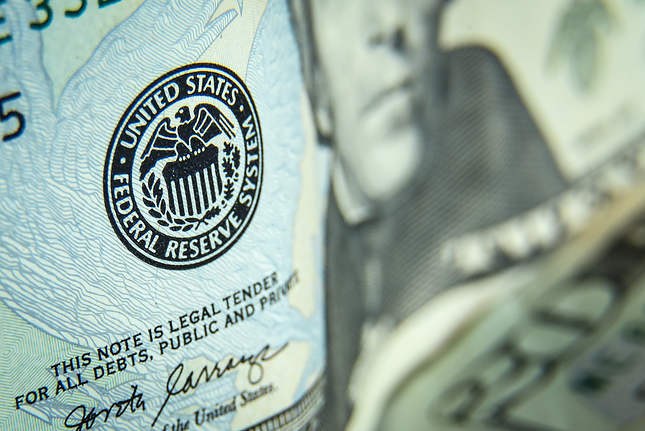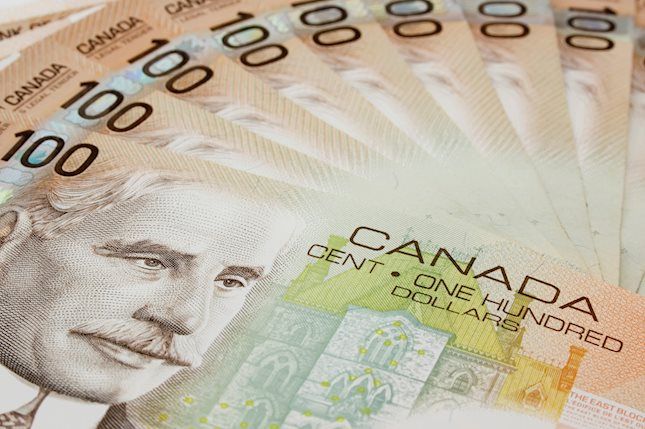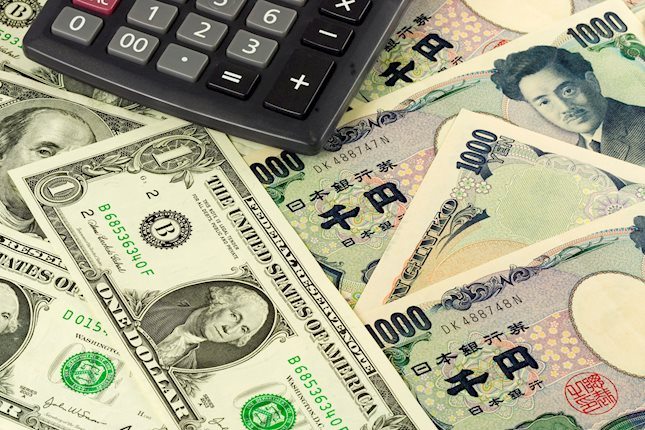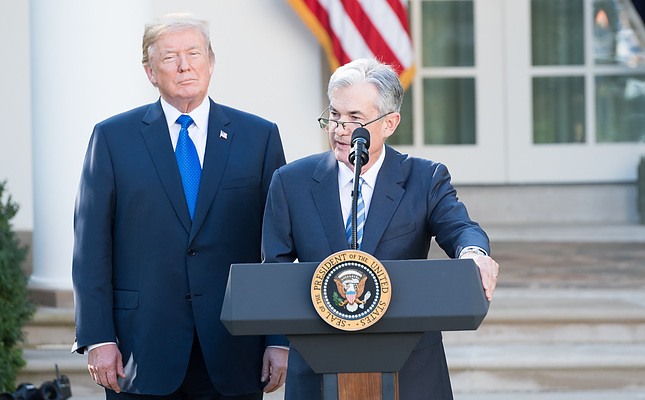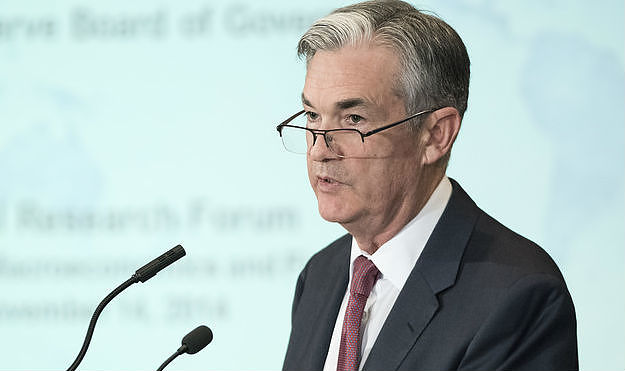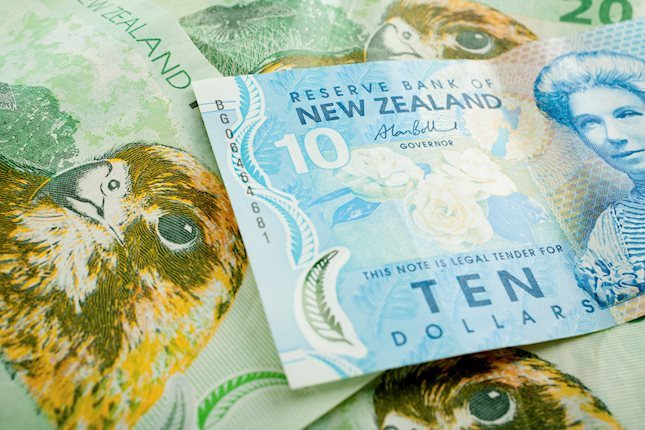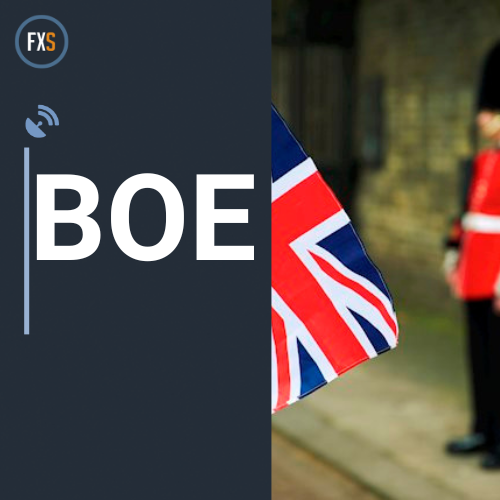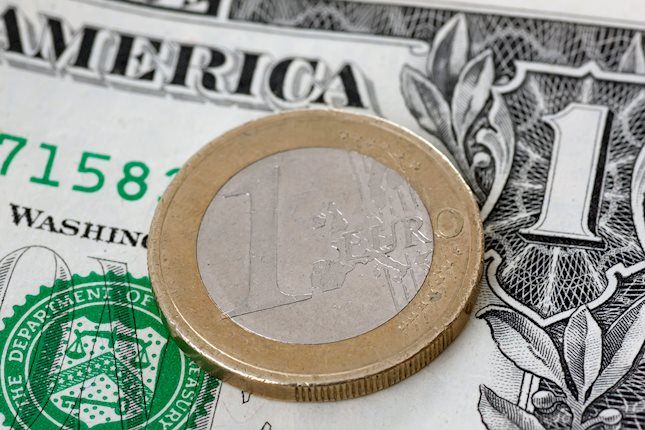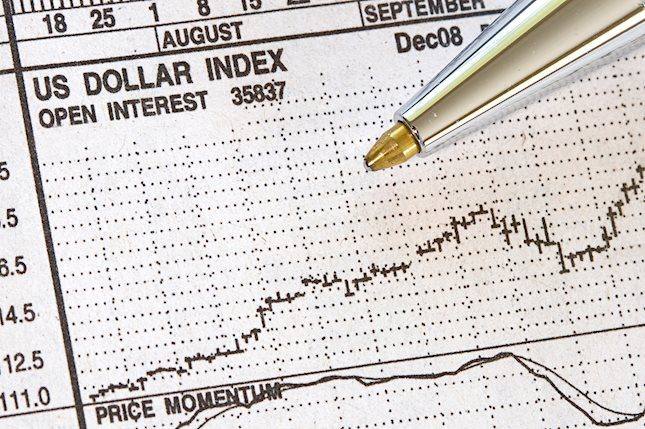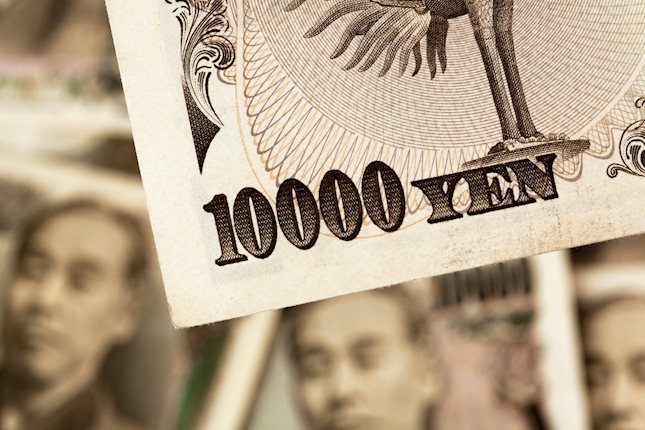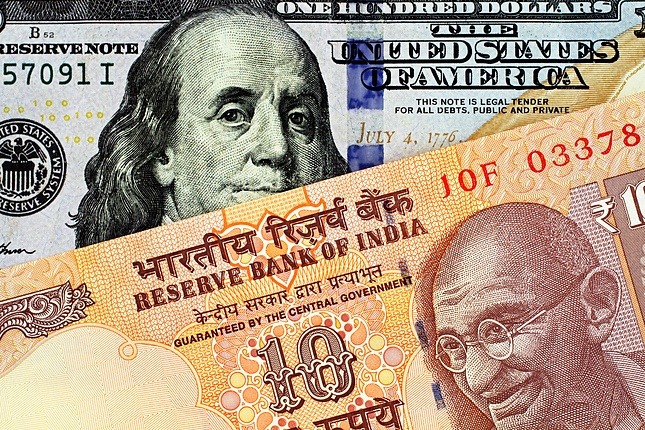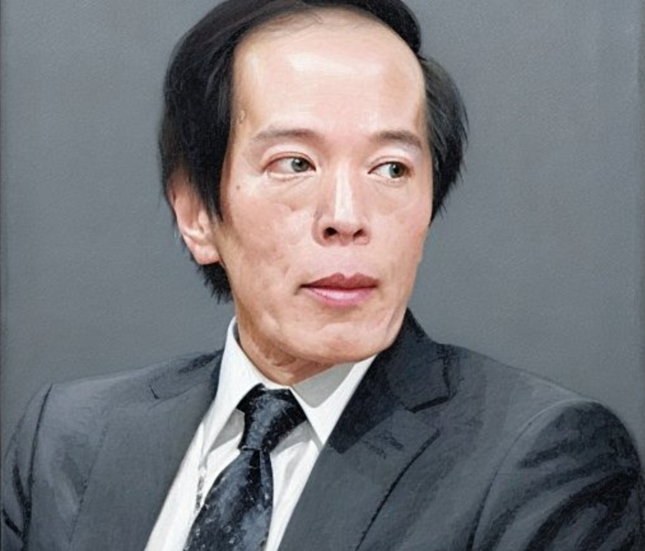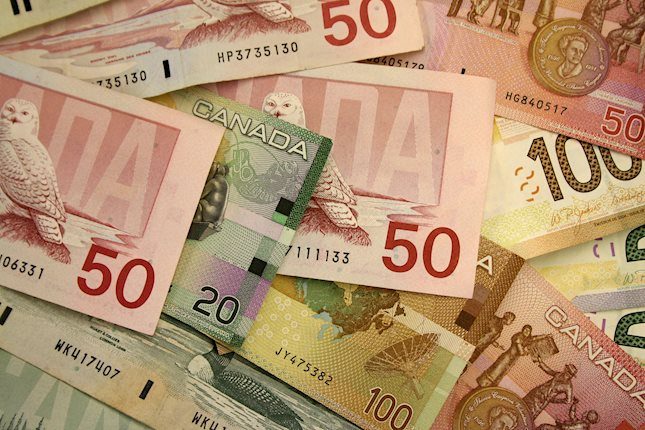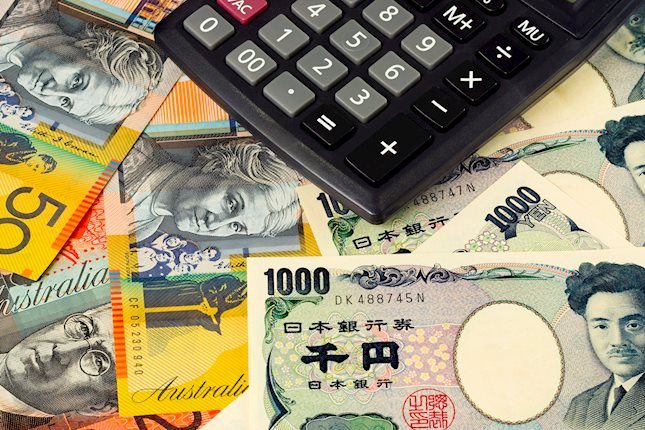BoJ's Ueda: Will keep adjusting degree of easing if our economic, price outlook is to be realised
Bank of Japan (BoJ) Governor Kazuo Ueda speaks at the post-policy meeting press conference on Friday, explaining the reasons behind the decision not to change the interest rate.
Additional quotes
Japan's economy is recovering moderately, although some weak moves are seen.
Uncertainties surrounding Japan's economy, prices remain high.
Must pay due attention to financial, FX markets, impact on japan's economy, prices.
FX impact on prices has become larger than in past, as firms are more eager to wage, price hikes.
Will keep adjusting degree of easing if our economic, price outlook is to be realised.
Need a little bit more info on wage trends.
Need more data on wage outloook.
Uncertainties surround US economic policies remain large.
Will guide policy from standpoint of sustainably, stably achieving price target using results of comprehensive review.
Recent economic indicators show economy moving mostly in line with our forecast.
Trump's fiscal, trade and immigation policies have impact on international financial markets.
At this point little info available on wage trends, decline to comment on outlook.
Don't thinking about ruling out using unconventional monetary policies in the future.
Decision to keep rates was mainly based on assessment of wage trends, uncertainties of overseas economies and next US administration's policies.
Doesn't mean that we need all data to make policy change.
Of course we are always closely paying attention to forex .
Import prices vs year-ago have been stable.
Need to gauge situation for quite a while whether for wages or Trump administration.
We will likely gather some level of information including from branch managers' meeting for next January meeting.
Require considerable time to see full picture of wage hikes, Trump policies.
We of course look at info at January branch managetr meeting.
Jan policy decision will be 'hollistic' with data available at that point.
Trump's tariff policies, retaliatory tariffs will probably have large effect on Japan's economy.
A lot of unknowns about impact of Trump administration such as tariffs and possible retaliatory tariffs.
Pace of rate hikes has been gradual because underlying inflation, inflation expectations have been slow to rise.
Slow underlying inflation, price expectation moves mean we don't raise rates at each meeting.
Need one 'more notch' until deciding additional rate hike.
Wage hike sustainability is included in 'one more notch.'
We are aware that pace of rate hike to reach neutral rate will become quicker if we push back timing of rate hike.
Large picture on wage trends will become clearer in March, April.
We have to combine other data in order to make rate decisions until then.
Market reaction
USD/JPY is off the monthly high of 155.48 following these comments. The pair was last seen trading 0.16% higher on the day at 155.05.
Bank of Japan FAQs
The Bank of Japan (BoJ) is the Japanese central bank, which sets monetary policy in the country. Its mandate is to issue banknotes and carry out currency and monetary control to ensure price stability, which means an inflation target of around 2%.
The Bank of Japan embarked in an ultra-loose monetary policy in 2013 in order to stimulate the economy and fuel inflation amid a low-inflationary environment. The bank’s policy is based on Quantitative and Qualitative Easing (QQE), or printing notes to buy assets such as government or corporate bonds to provide liquidity. In 2016, the bank doubled down on its strategy and further loosened policy by first introducing negative interest rates and then directly controlling the yield of its 10-year government bonds. In March 2024, the BoJ lifted interest rates, effectively retreating from the ultra-loose monetary policy stance.
The Bank’s massive stimulus caused the Yen to depreciate against its main currency peers. This process exacerbated in 2022 and 2023 due to an increasing policy divergence between the Bank of Japan and other main central banks, which opted to increase interest rates sharply to fight decades-high levels of inflation. The BoJ’s policy led to a widening differential with other currencies, dragging down the value of the Yen. This trend partly reversed in 2024, when the BoJ decided to abandon its ultra-loose policy stance.
A weaker Yen and the spike in global energy prices led to an increase in Japanese inflation, which exceeded the BoJ’s 2% target. The prospect of rising salaries in the country – a key element fuelling inflation – also contributed to the move.
Forex News
Keep up with the financial markets, know what's happening and what is affecting the markets with our latest market updates. Analyze market movers, trends and build your trading strategies accordingly.
